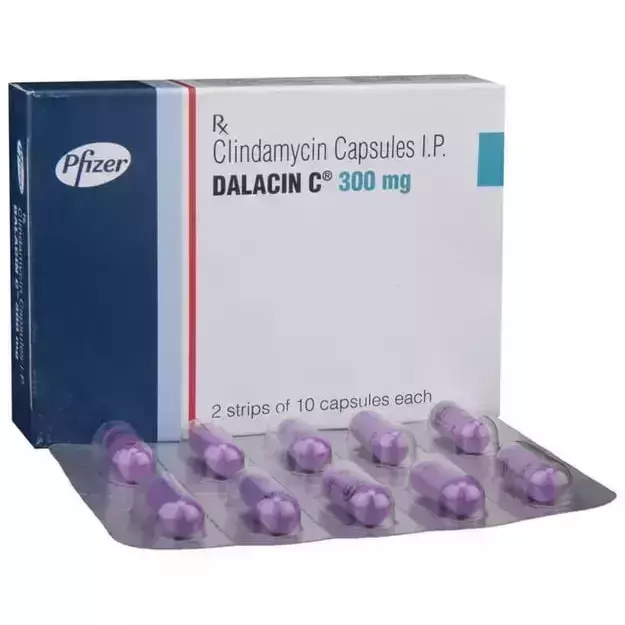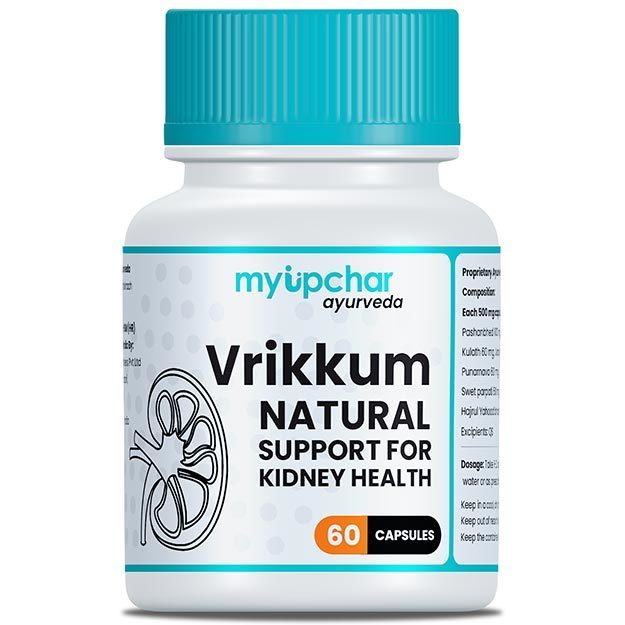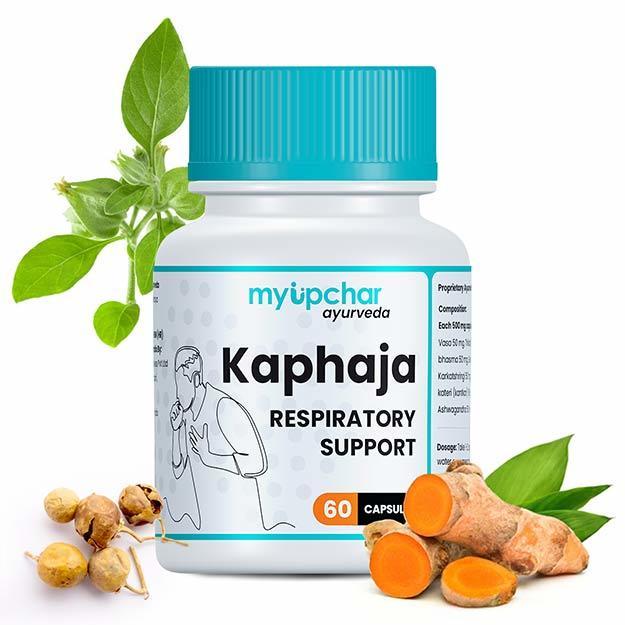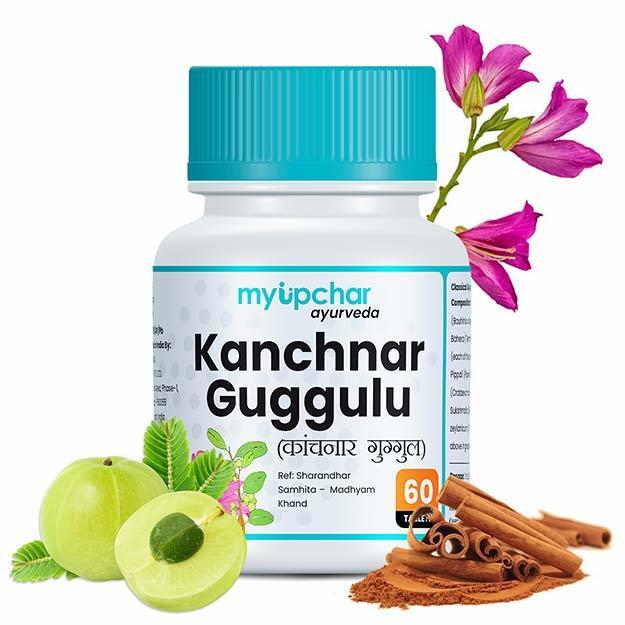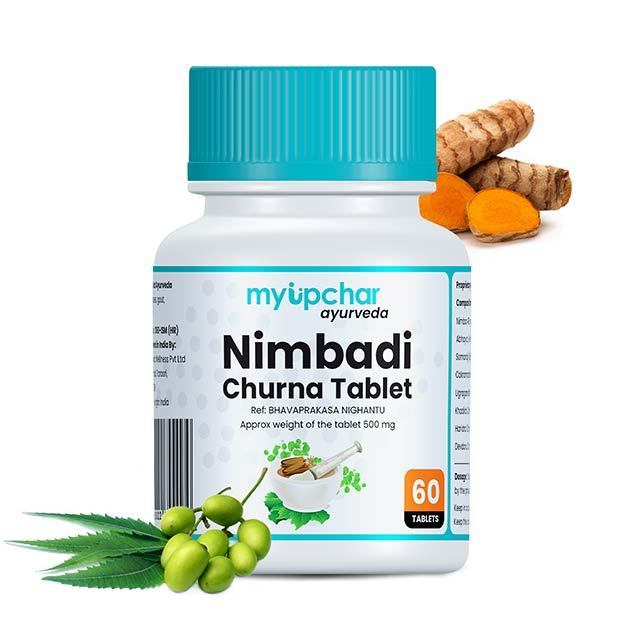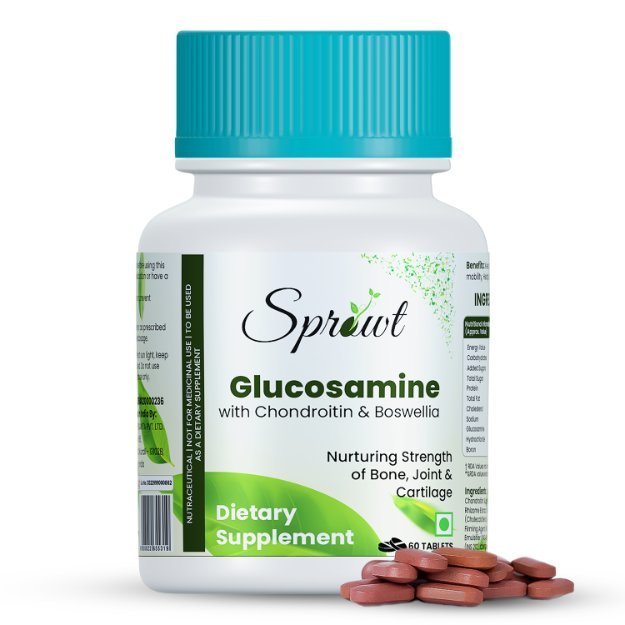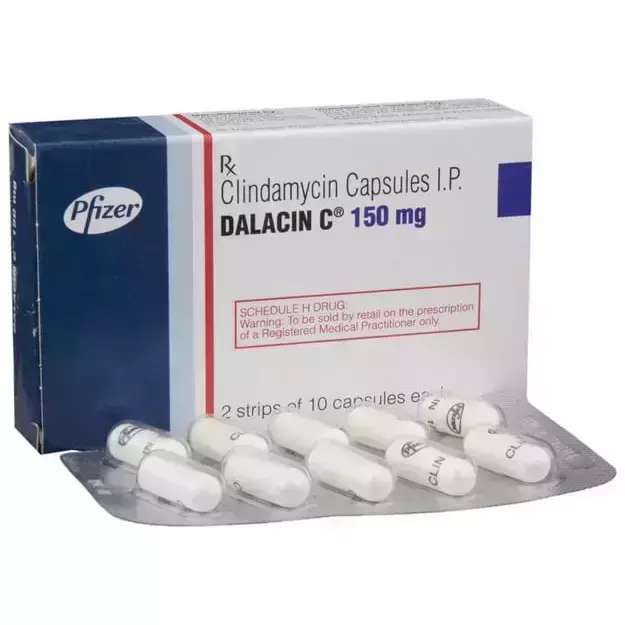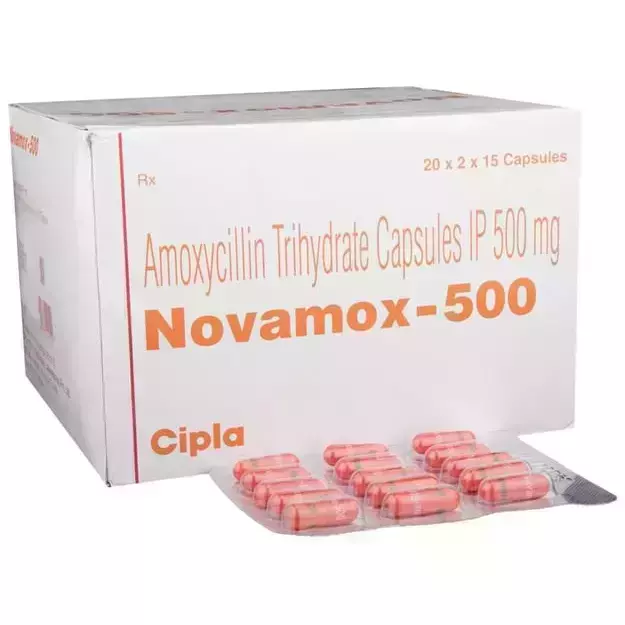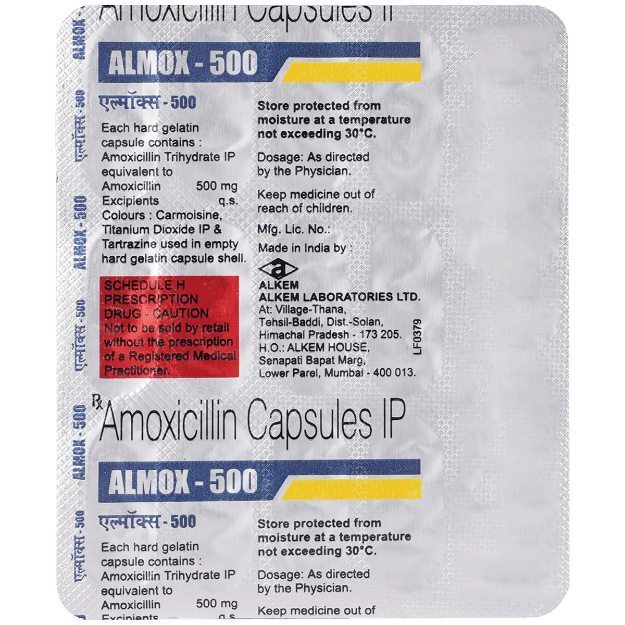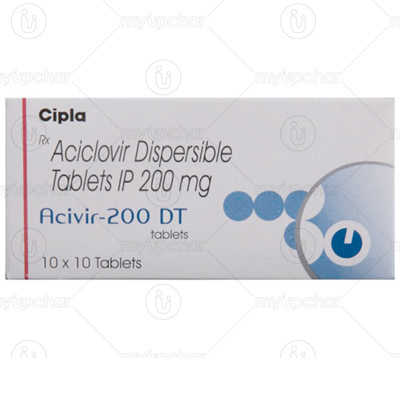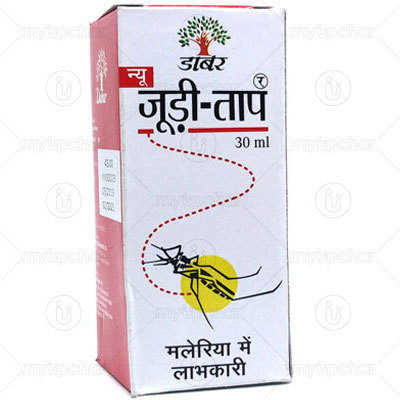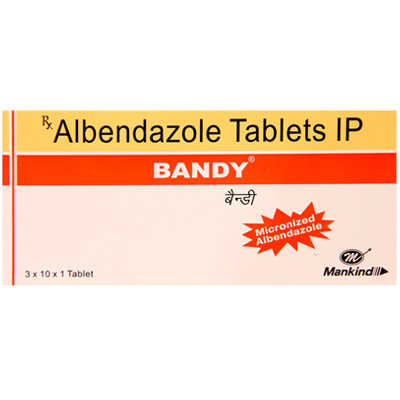Clindol 300 Capsule is a prescription drug, available for use as Capsule. It is typically used for the treatment of Bacterial Infections, Skin Infections. Clindol 300 Capsule also has some secondary and off-label uses. These are listed below.
The optimal dosage of Clindol 300 Capsule is largely dependent on the individual's body weight, medical history, gender and age. Individual symptoms and route of administration also determines the right dosage. Detailed information has been provided in the dosage section.
Apart from the aforementioned side effects, Clindol 300 Capsule can also lead to other problems, which have been listed below. Normally, these side effects of Clindol 300 Capsule are not long lasting and go away when the treatment is finished. However, if these continue for a longer time, consult your doctor right away.
In addition, Clindol 300 Capsule's effect is Severe during pregnancy and Moderate for lactating mothers. It is important to know if Clindol 300 Capsule has any effect on the kidney, liver and heart. Information on such adverse effects, if any, has been given in the Clindol 300 Capsule related warnings section.
Some other conditions that can be affected by Clindol 300 Capsule are listed in the contraindications section below.
Drug reaction of Clindol 300 Capsule with other medicines has been reported. A complete list of these interactions is given below.
You should also be aware that Clindol 300 Capsule is safe while driving, and is addiction.
X

